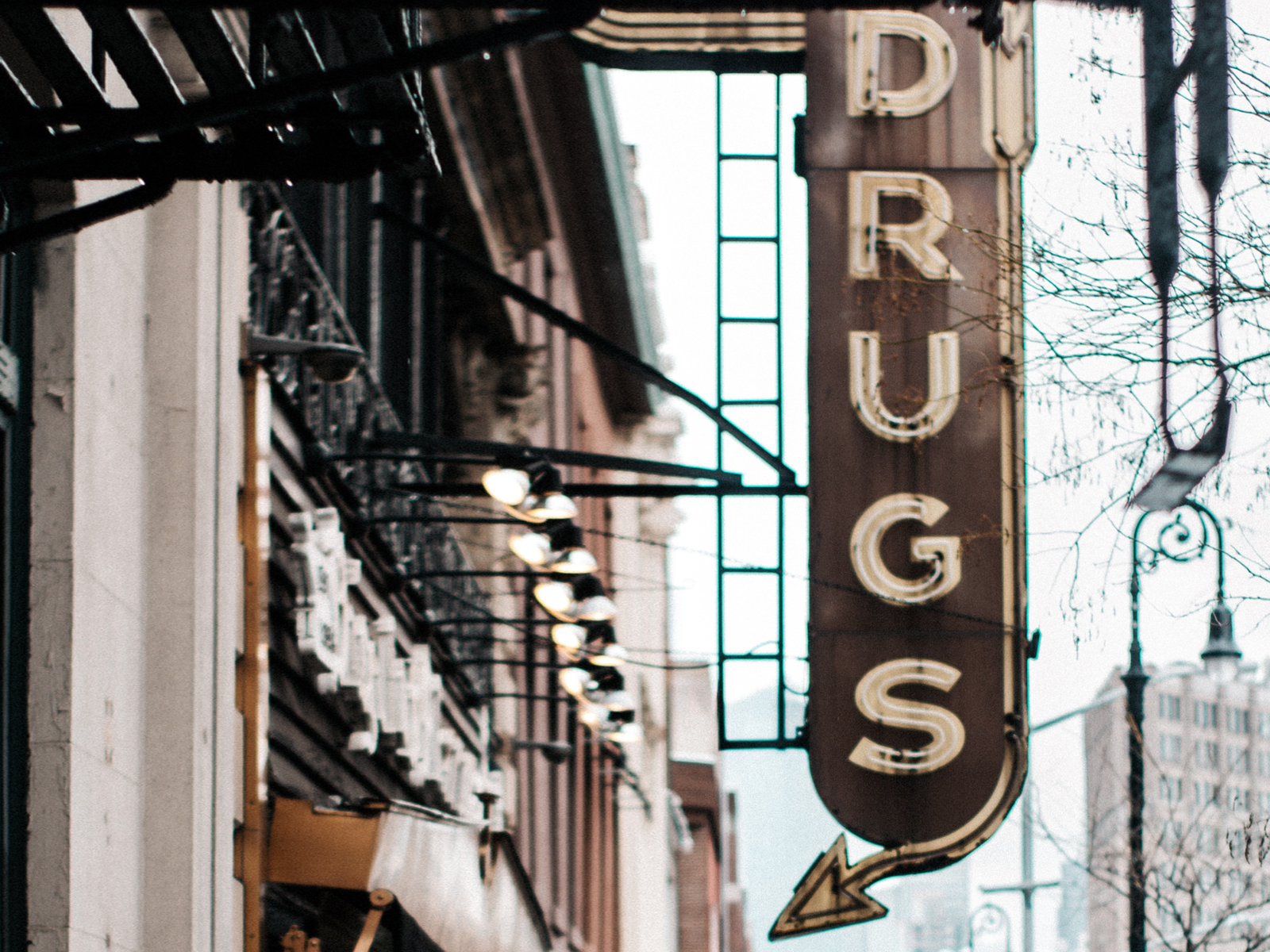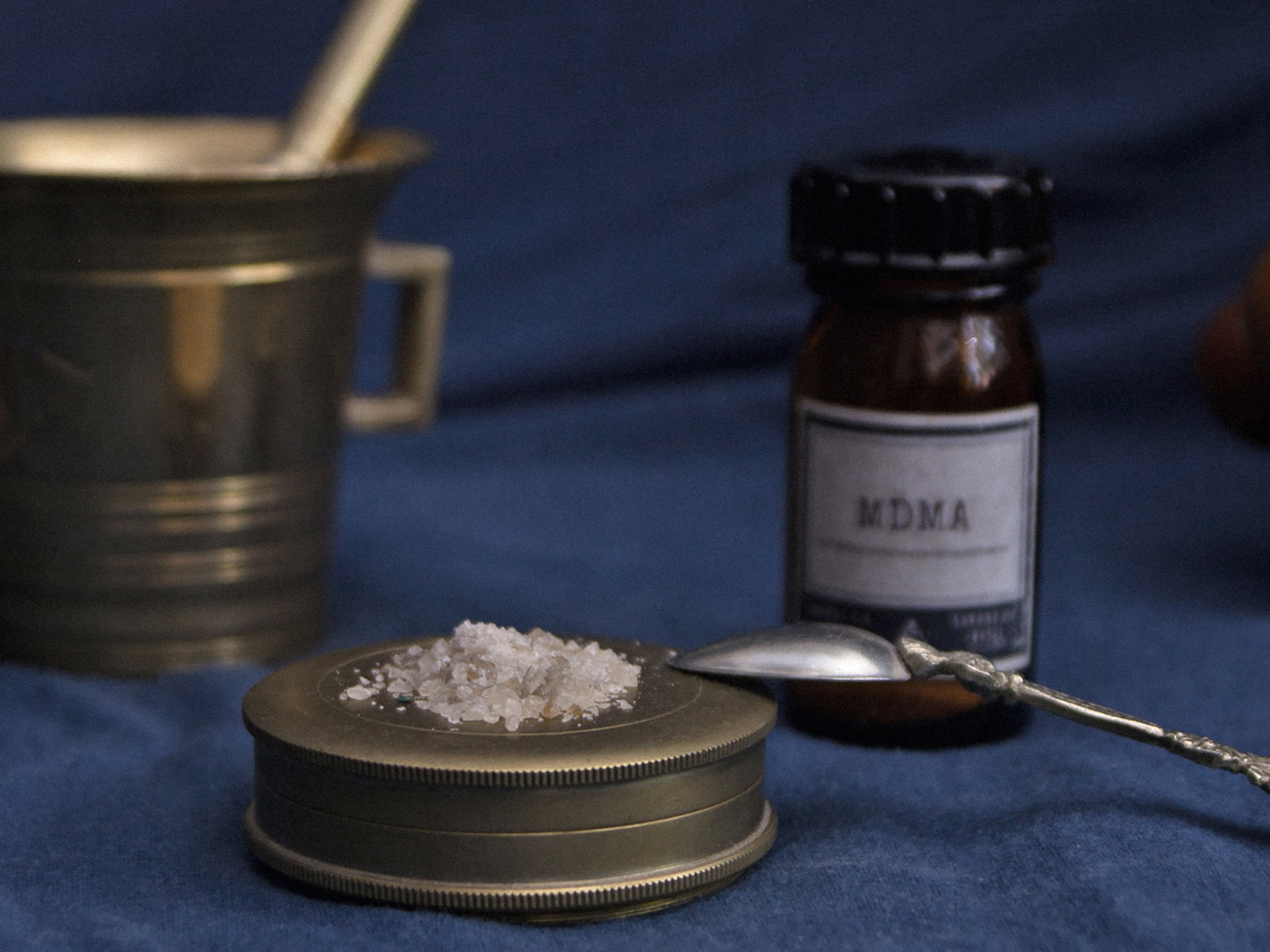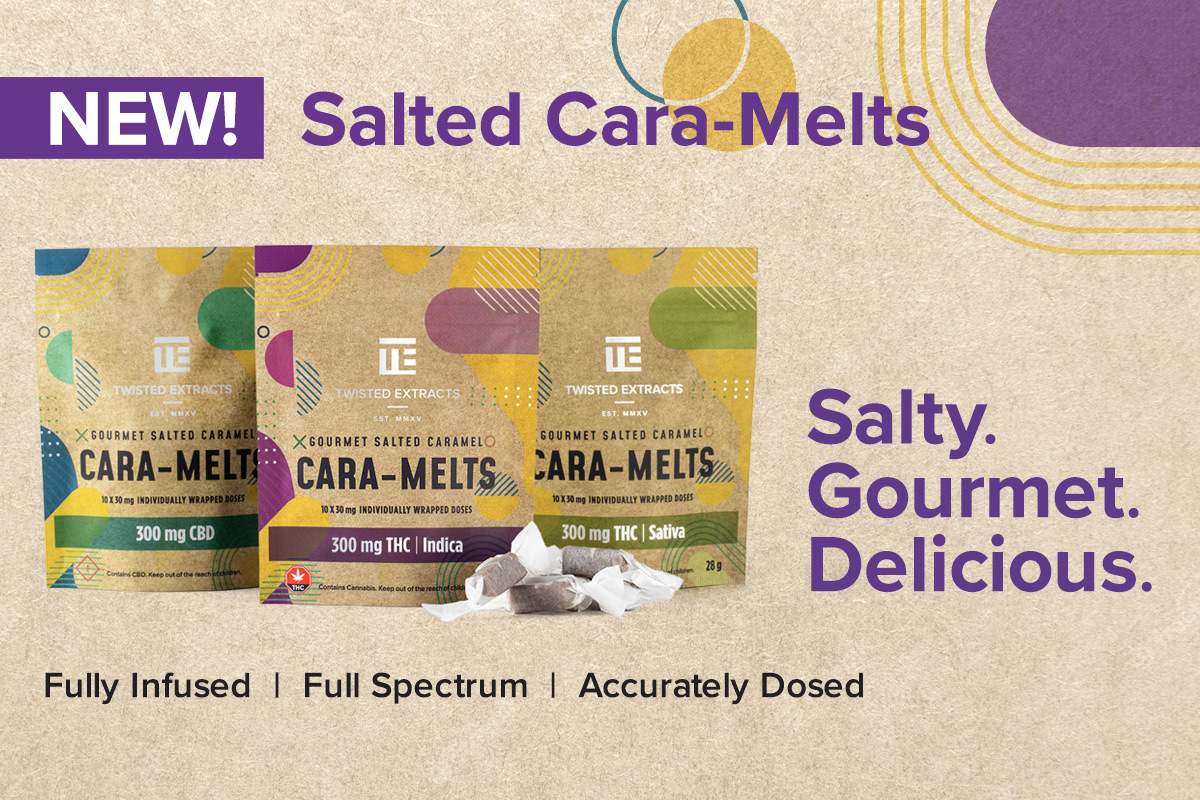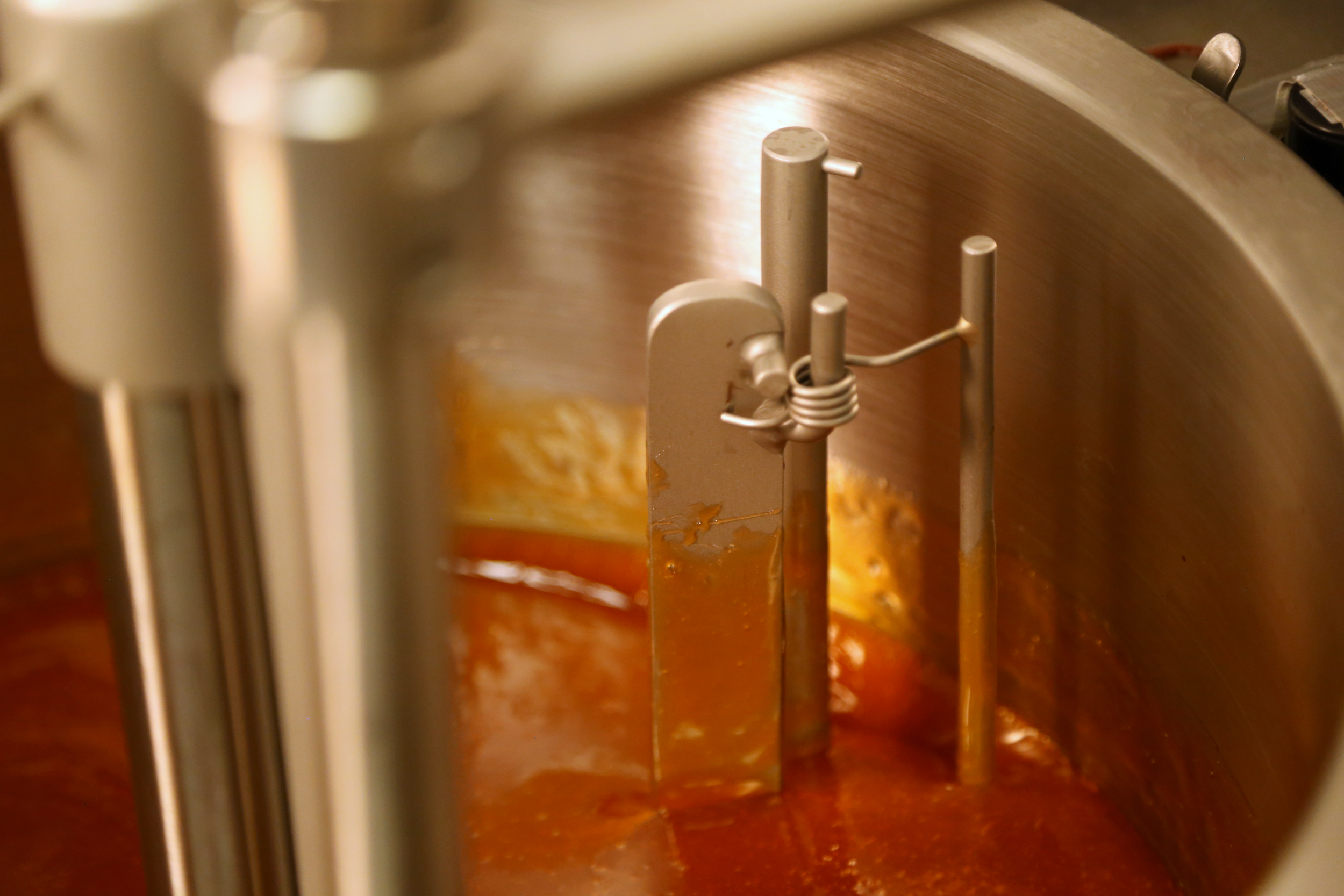
When we talk about the opioid crisis, we’re truly talking about a crisis. Every day in Canada, 11 people die of an opioid overdose, and nearly 4,000 Canadians died in 2017 from apparent opioid overdoses. Canada ranks just behind the US in our use of opioids painkillers in, but where death rates appear to be on the decline in America, they are on the rise in Canada.
Opioids Are Narcotics

Opioids are narcotics – drugs that interact with receptors in the nervous system that relieve pain. They come in natural, synthetic or partially-synthetic forms and includes codeine, morphine, oxycodone, fentanyl and heroin. Opioids are available legally over the counter (in very mild concentrations) and through prescription) and are also made and used illegally. Street drugs including heroin, are opioids, and others like MDMA and cocaine are becoming increasingly laced with fentanyl to enhance their effects without the user knowing. In any case, opioids are known to be HIGHLY addictive – evident in the rising death tolls that include casualties of all ages, spanning across socio-economical groups.
There is no one story to how opioid abuse and addiction arises. Abuse can also evolve from a doctor’s prescription to help with chronic pain or can escalate rapidly from exposure to potent drugs like heroin. Opioid-related deaths have been attributed to an accidental overdose because of laced illegal drugs, or mixing opioids with alcohol or other substances in lethal combinations. Even if addiction is recognized early on, simply stopping opioids is not so simple.

When opioid consumption is reduced, the user experiences strong withdrawal symptoms that drive them to using again to avoid painful consequences. The addiction is so strong, that even those who have experienced overdoses will often continue with the opioid.
As doctors and public health officials scramble to find solutions for that address the death toll and other consequences from this complex public health issues, experts are considering the unique benefits of cannabis and how they can help reduce damage from opioids.
Can Cannabis Effectively Treat Opioid Addiction?
Since reefer madness – cannabis has been perceived by many as an instigator for reckless behavior with tragic outcomes, and been considered a “gateway drug” towards harder, more dangerous drugs – a theory which has since been debunked. But in reality, the many benefits of cannabis are coming to light, with mounting evidence that points to cannabis effectively treating opioid addiction, through prevention, managing and decreasing opioid intake, and assisting with withdrawal.
Cannabis use as an alternative, or in conjunction with opioids reduces the risk of accidental overdose and even the dependence of opiates. Many consider opioids to be over-prescribed, sometimes in concentrations that has even triggered health professionals to push for a recall on the strongest forms. Evidence coming forward for cannabis as an effective pain relief treatment, positions it as an alternative to opioid medications.
Our brains contain both opioid and cannabinoid receptors, so opioids and cannabinoids act with similar mechanisms in helping to relieve pain. When used in combination with cannabis, lower doses of opioids give comparable results to higher levels, minimizing the addictive properties. Even those who have depended on opioids over many years have found relief through cannabis use.

Many medications used for assisting with opioid withdrawal do not address the underlying issues that led to opioid use and even if use is lessened or stopped, chance of relapse is higher because pain remains. Cannabis also can address underlying issues that led to use of opiates in the first place, and – unlike many other substances – can safely be used in conjunction with opioids, allowing those that are addicted to reduce the dosage safely over time. It isn’t just limited to prescription opioids, positive inroads have been made into cannabis’ role in heroin addiction.
Canada has an advantage with of legalization with the Cannabis Act, as a 2014 study in the US found that opioid mortality rates are lower in states where cannabis is legalized for medical purposes.
Cannabis-Centered Reduction Programs
Although some doctors have piloted cannabis-centered reduction programs, cannabis, and the endocannabinoid system isn’t a part of conventional medical training and there is still hesitation among health professionals in recommending cannabis as a course of treatment for pain relief, or in treating addiction. But the urgency of the opioid crisis is pushing cannabis research forward andsignificant funding has recently come forward from a cannabis producer and the BC government to lead clinical trials into the potential of cannabis in helping with treatment for opioid use disorder.
It is hard to imagine that cannabis – that has no known lethal dose – has at times been classified within the same category as opioids – drugs that we are seeing devastate human health and life. But the future is bright for the medical benefits of cannabis, and with legalization and investments into research we may see cannabis bring some relief to the opioid crisis in our country.
Did you like this article?
Sign up for our newsletter to make sure you're in the know about all of our new product releases, contests and more.





